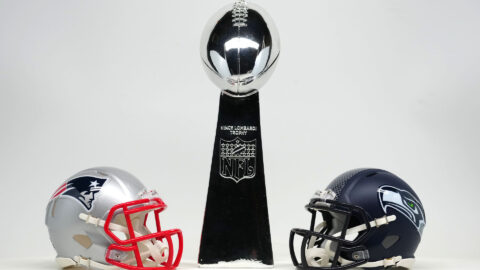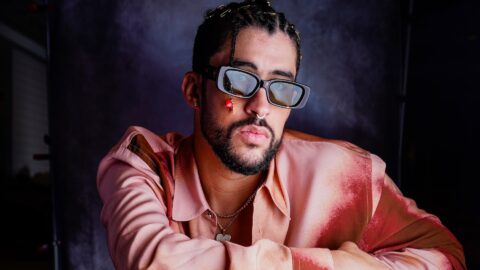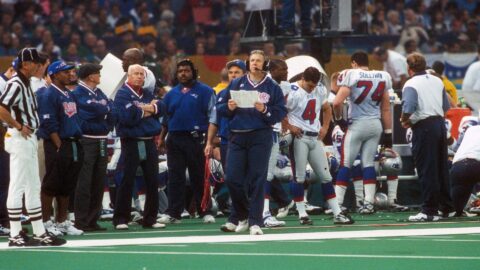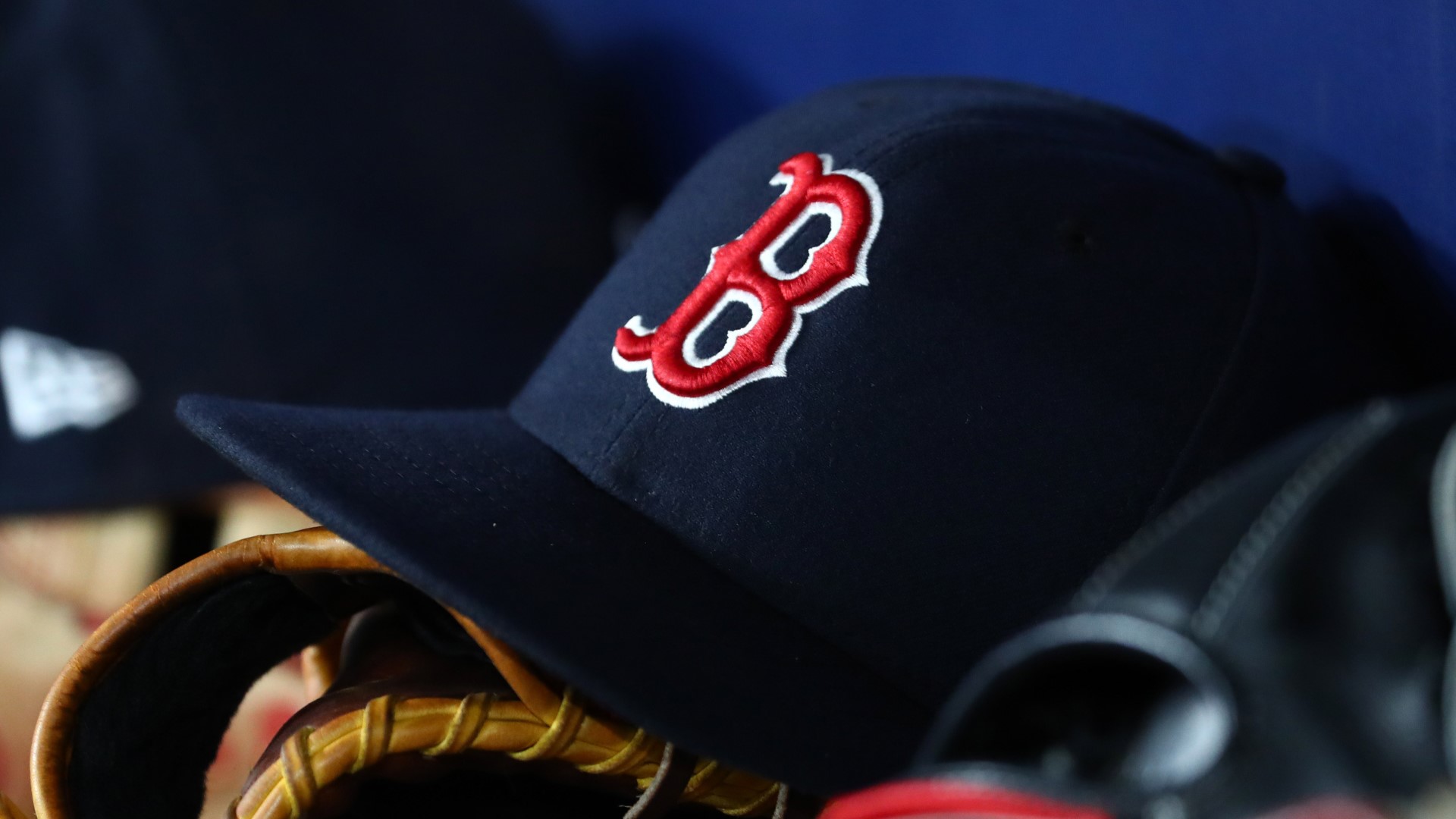Former New England Patriots tight end Aaron Hernandez was back in court Thursday in a hearing before he goes on trial for a 2012 double murder in South Boston, but the news of the day wasn’t really about Hernandez.
Rather, the debut of the 26-year-old’s new legal team made headlines, a group that included Jose Baez, the lawyer who had Casey Anthony’s murder charge acquitted in 2011. Anthony was accused of killing her toddler, Caylee, in Florida in 2008.
The group also includes Robert E. Proctor, a clinical instructor at Harvard, and Harvard Law professor Ronald S. Sullivan Jr., according to The Boston Globe. The latter might have made a critical error.
Much of Thursday’s hearing revolved around Hernandez’s cell phone, a piece of evidence being held by his former defense team but currently inaccessible to the prosecution while the Supreme Judicial Court decides whether it should be considered part of attorney-client privilege. Hernandez’s previous defense team withdrew from the case after Suffolk Superior Court Judge Jeffrey Locke ruled Thursday to transfer the phone to the new defense team, per The Globe.
First Assistant Suffolk District Attorney Patrick M. Haggan argued against the transfer.
“There’s always a risk, albeit minimal, that somehow the data gets changed, or altered, or mistakenly destroyed,” he said, via The Globe.
But when Hernandez’s legal team responded, they might have said a bit too much.
From The Globe:
Hernandez’s attorneys said they would treat the phone with care as they consider having experts analyze it, and it would be safe in Sullivan’s office, which, Sullivan said, is “extraordinarily secure.”
So, you want to put a critical piece of potential evidence regarding an impending double murder trial in the office of a college professor, on a college campus, full of often-intoxicated adolescents, most of whom are some of the smartest young minds in the country (and therefore conceivably could easily break into a secure office)?
On the surface it sounds like a bad idea. But telling the world exactly where you’re going to hide the buried treasure practically begs a search for the “x” on the map.
Of course, we don’t know if this office is actually on Harvard’s campus. It could be in a separate office or at Sullivan’s home. And we certainly don’t have any idea what an “extraordinarily secure” office entails.
But just the simple fact this super team of lawyers’ first act was to reveal, on public record, what seems like it should be a very big secret probably isn’t the best omen.
Thumbnail photo via The Sun Chronicle/Pool Photo via USA TODAY Sports Images



